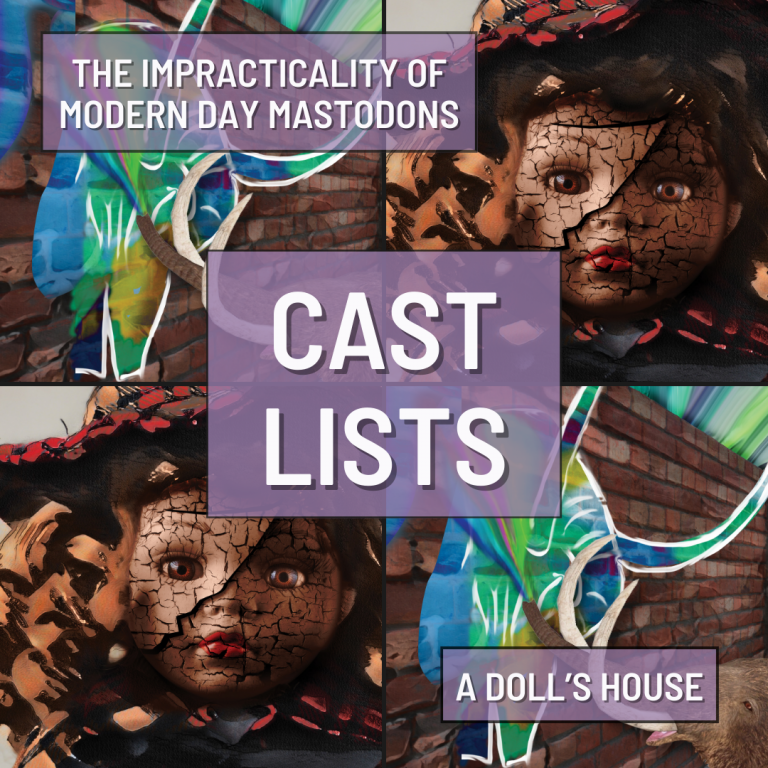IN THE SHADOW OF AN ELECTION: the historical context of Brecht’s The Resistible Rise of Arturo Ui
“Art is not a mirror held up to reality
but a hammer with which to shape it.”
—Bertolt Brecht
Written in 1941, The Resistible Rise of Arturo Ui was created in exile as alarm bells echoed throughout Europe. Playwright Bertolt Brecht had already escaped Germany in 1933, and the fear of his home country descending into the unspeakable was coming to fruition.
The 1930s worldwide were marked by an economic crisis that left not one person unscathed. In Germany, the government found itself unstable after the transition from an Empire to the short-lived Weimar Republic and unable to pay war debts demanded in the Versailles Peace Treaty. Nearly six million Germans lost their jobs, and the country was descending into a political crisis. The rise of the German National Socialist Workers’ Party (more commonly known as the Nazi Party) skyrocketed in the midst of this economic crisis. Taking advantage of the situation at hand, the party condemned the Weimar government and, by 1930, had gained more than 6.4 million votes in parliamentary elections.
Unable to bring on a recovery from the financial crisis, Chancellors appointed by President Hindenburg (leader of the interwar Weimar Republic) kept resigning. Hindenburg and his respective counterparts in the conservative parties saw their powers slipping, and in January 1933, they appointed Adolf Hitler as Chancellor under the belief that the responsibility of a position of power would moderate his views.Both the German government and people alike had seen Chancellors come and go, believing this era to be brief and indifferent.
The Reichstag fire marked a key development on the road to dictatorship. The Reichstag fire was the burning of the Reichstag (parliament) building in Berlin on February 27, 1933. It was a key event in the Nazi Party establishing their hold on the government. It is widely believed that the party itself deliberately started the fire in order to sway public opinion against their opponents.
On February 28th, a day later, Hindenburg invoked Article 48 — “The Decree of the Reich President for the Protection of the People.” This act abolished freedom of speech, assembly, privacy and the press. The same night around 4,000 members of other parties were arrested, imprisoned and tortured by Nazi Storm Troopers. By the March 5th election, many of the elected Communist deputies had been detained indefintely, clearing the way for the Nazi party to do as they wished. The 1933 election would be the last multi-party elections in a unified Germany until 1990. Much like the rest of Brecht’s repertoire, The Resistible Rise of Arturo Ui is overtly political and begs its audience to look at the world around them–to look at how positions of power take and take from the common people. To attend a Brecht show means to resign the comfortability of simply sitting through a show. Today, it means to grapple with the parallels of the political landscape within the text and in our lives and to work towards a better future, for all of us.
*This text was adapted from the dramaturgical website for The Resistible Rise of Arturo Ui prepared by Rocío Perez

